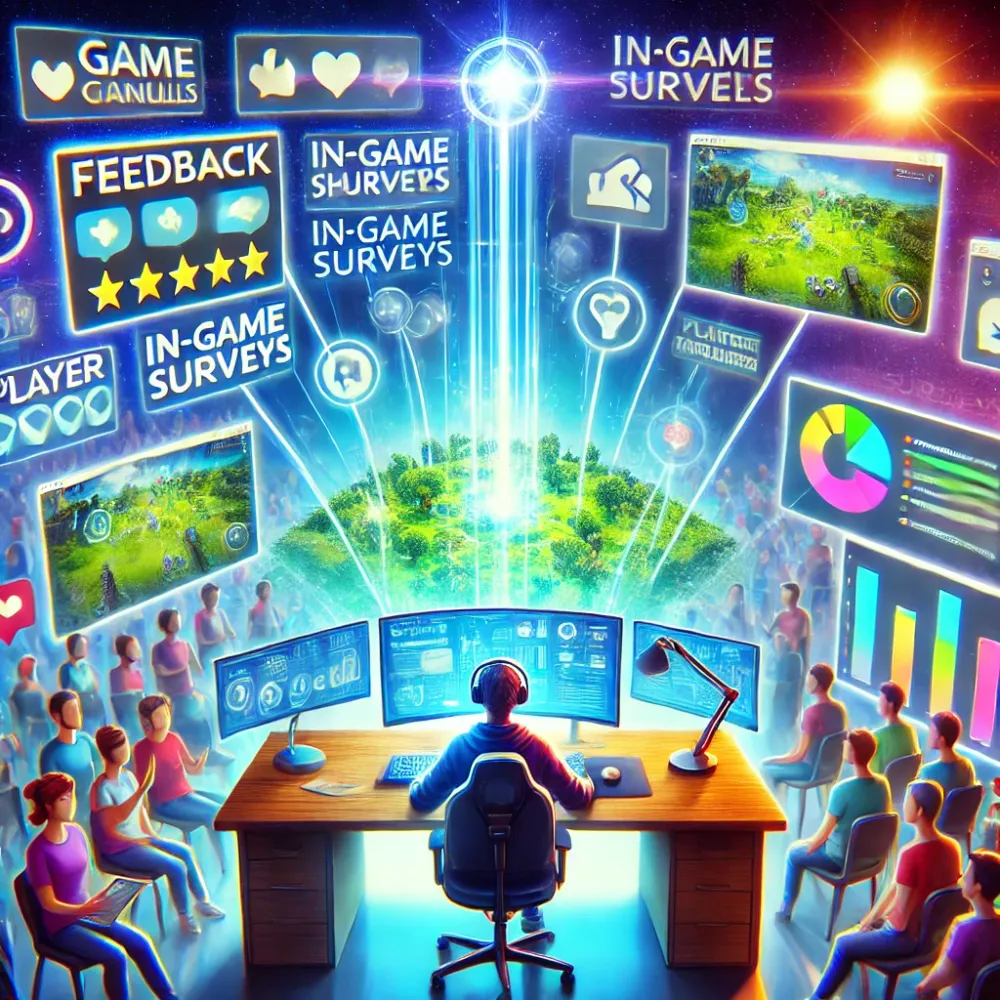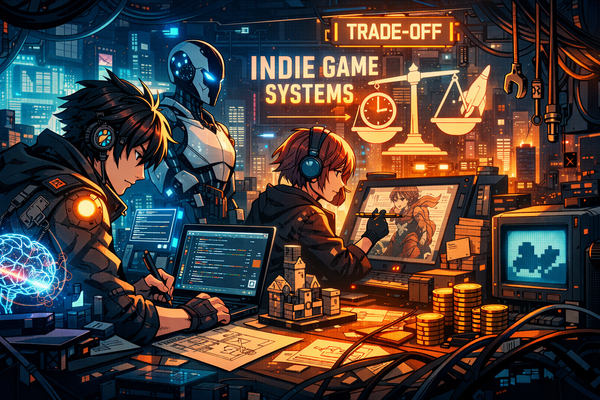Why player feedback is more valuable than your opinion in indie game development
In the indie game development world, where resources are often limited and the competition is fierce, understanding the importance of player feedback can be the difference between a game's success and its failure. As a developer, it's easy to become attached to your creative vision, but ignoring player input can lead to missed opportunities for improvement and a disconnect with your audience. Here’s why player feedback is crucial, and why it often outweighs your own opinion during the development process.
The Value of Player Feedback
Player feedback serves as a direct line of communication between developers and the audience. Unlike personal opinions, which can be biased or limited by perspective, feedback from players provides a wealth of information on how the game is perceived by those who will ultimately be playing it. This feedback can help identify bugs, balance issues, and areas where the game may not be resonating as intended (Gametion) (GamesIndustry.biz).
One of the most significant advantages of player feedback is that it provides insights into user experiences that you, as a developer, might overlook. For example, while you may think a particular feature is intuitive, players might find it confusing or unnecessary. Addressing such issues early on, especially during beta testing or early access phases, can save time and resources down the line (DerekYu).
Real-World Application: Early Access and Iterative Design
Many successful indie games owe a large part of their success to the feedback they received during early access or playtesting phases. By releasing an unfinished version of the game, developers can gather valuable feedback from actual players who engage with the game in ways that internal testers may not. This process not only helps in refining the gameplay but also in building a community around the game, which can be crucial for its long-term success.
Moreover, integrating player feedback into the development process can lead to a more polished final product. Games like "Farm Heroes Saga" have shown that even small, iterative changes based on player input can significantly improve the player experience over time.
The Feedback Loop: From Insight to Implementation
Creating a feedback loop where players are not only encouraged to share their thoughts but are also informed about how their feedback is being used can enhance player trust and engagement. This approach helps in creating a game that not only meets but exceeds player expectations, leading to a more dedicated and loyal player base (MoldStud).
Balancing Vision with Feedback
While player feedback is invaluable, it’s important to balance it with the core vision of your game. Not every piece of feedback should be implemented, as it can sometimes lead to feature creep or a diluted game design. The key is to filter out the noise and focus on feedback that aligns with your game’s vision while still addressing the players' needs and concerns (Game Dev Guides).
Conclusion
In the competitive field of indie game development, leveraging player feedback can provide you with the insights needed to fine-tune your game and create a product that truly resonates with your audience. While your opinion as a developer is important, it should not overshadow the collective voice of the players who will ultimately determine the success of your game. Embrace player feedback, use it to refine your game, and watch as your game evolves into a well-rounded experience that players love.




